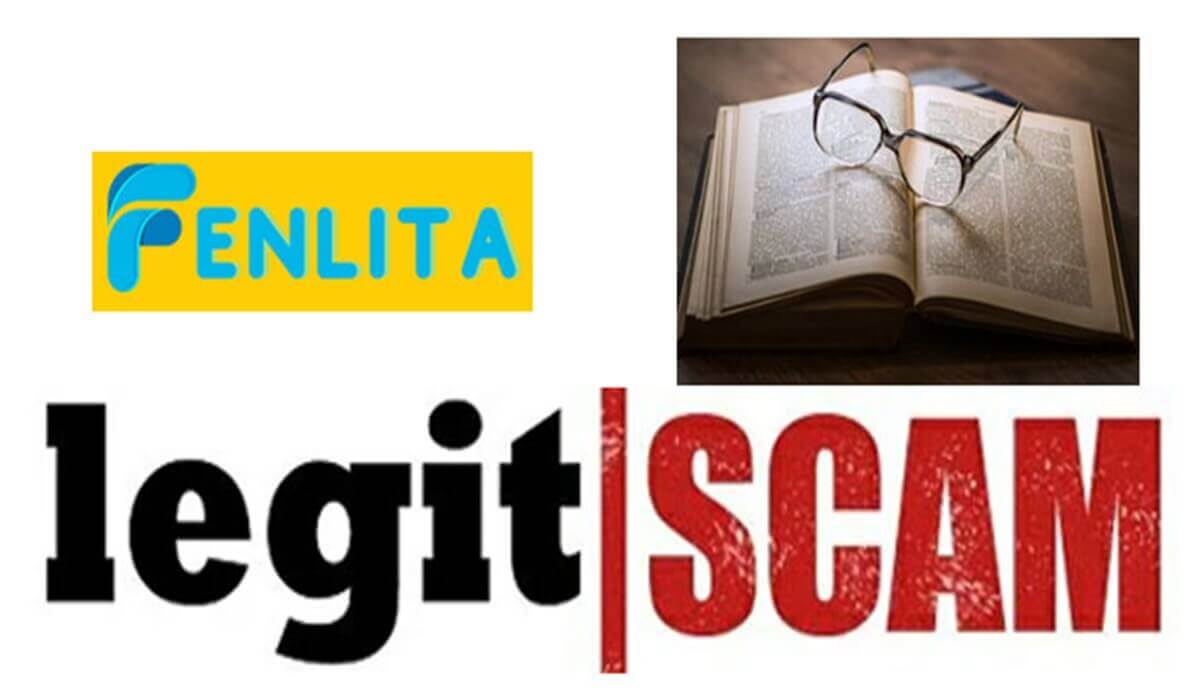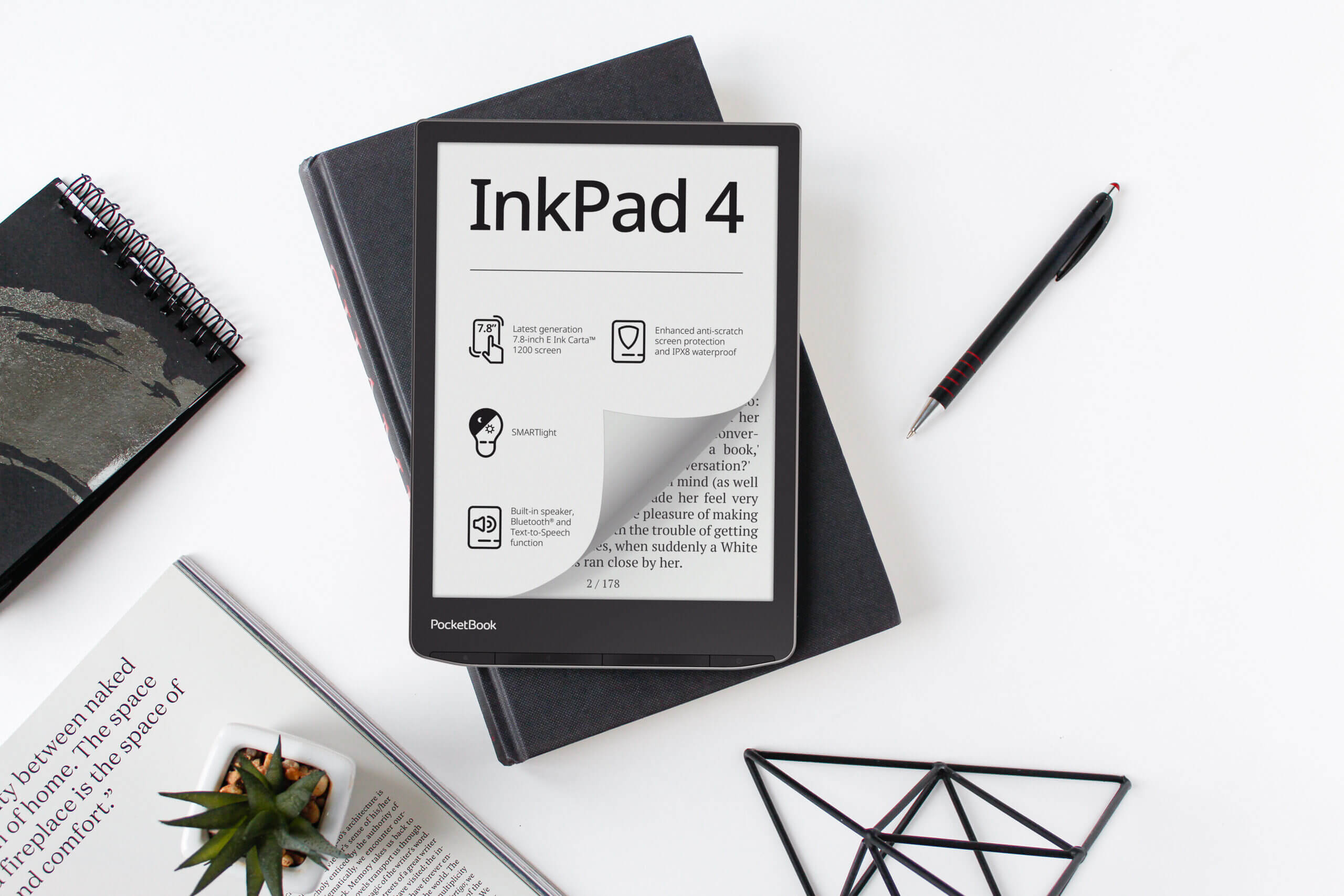
Professionally created textbooks have a unique quality. Textbooks may be beautiful objects, from the content inside to the feel of the paper. Sadly, reality significantly dampens the celebration. Textbooks are heavy, dreadfully inadequate for large-scale study, and suddenly outdated for a variety of reasons. It comes as no surprise that some people use websites like the recently revived Z-Library when the exceptional cost is taken into account.
More serious concerns for prospective clients are revealed via evaluations and reports. One of the allegedly purchased things was a 400-page file of screenshots that “took nearly an hour” to download. If the 650 actual pages from the textbook weren’t included, the low price might have been reasonable.
Even though there is no evidence to back up these claims, reports of repeated credit card transactions or things showing up in shopping baskets are alarming. It’s hard to take a customer’s claim that a download link took them to a supposedly “illegally acquired” website seriously.
The majority of pirate websites have little interest in posing as authorized sellers. When selling pirate versions that are freely available elsewhere, it helps businesses like Fenlita to provide the appearance of being a legitimate dealer offering savings.
The website of the “business” that runs Fenlita.com boldly displays its physical address. It is unlikely to be authentic and links to a residence in Sedalia, Missouri. Advertisements for a seller of returned Amazon books who practice ethics and environmental responsibility are linked to the same address.
According to WHOIS records, Namecheap registered fenlita.com in October 2021. At present, Cloudflare is being used to mask the IP address of the server, according to the WHOIS records. While Cloudflare wasn’t offering protection in Fenlita’s situation, it was feasible to find the IP address of a server that it had previously utilized. Unbeknownst to the customers, when they purchase books from Fenlita today, their payments are handled on a subdomain of a different “book” business at getelfinbook.com, which makes use of the same IP address that Fenlita used in the past.
Uncertainty exists around whether users submit or allow their phone numbers to be accessed by the platform in other ways, but in the smallest print, customers consent to receive regular automated text messages from an automatic dialling system that charges for the service.
Alexis Boutilier is from Vancouver, British Columbia. She has a high interest in all things tech and loves to stay engaged on all the latest appliances and accessories.

